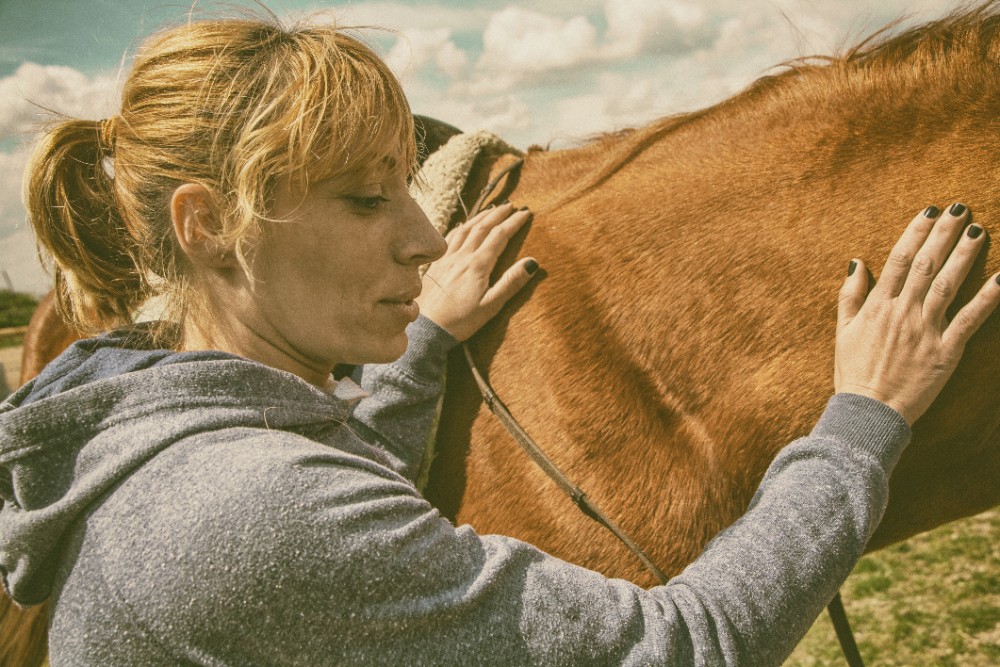
Sometimes as we’re doing the work to recover, we can find ourselves no longer being self-aware enough to take inventory of ourselves and our many strengths, weaknesses, gifts and challenges. We come to discover that this process of analyzing ourselves is critical to the success of our recovery, because we can catch ourselves whenever we’re doing something that might hinder our progress and then course-correct to make the necessary changes. There are a number of reasons why we stop keeping up with this process of self-examination, and there are several reasons why we should make continuing the process a part of our ongoing recovery program.
Emotional Complacence
When we aren’t making sure to be diligent with ourselves around our recovery, and our sobriety in particular, we can become emotionally lazy and complacent. This means we stop pushing ourselves, challenging ourselves and motivating ourselves. We opt to remain comfortably within the safety of our comfort zone, never striving for more. This can happen because we’re no longer feeling inspired, because we’ve lost the spark needed to keep us going. It can be because we’re afraid of the hard work we know we have to do, and we’re avoiding having to exert the energy and effort to keep going. It can also be because we’ve grown exhausted of all the emotional changes and personal development we’ve been undergoing, and we want to feel as though our work is done. Whatever the reason, when we become emotionally complacent, we no longer hold ourselves accountable for the emotions and thoughts we’re choosing to have. We’re no longer taking inventory of the energy we’re emitting, and the energy we’re allowing ourselves to absorb. This can cause us to falter in our goals and to start self-sabotaging in our sobriety.
Self-Sabotage in Sobriety
When we’re subconsciously self-destructive and self-hating, it’s very common for us to sabotage our progress and hold ourselves back. We work against ourselves and pull ourselves back whenever we’re advancing. We’re still holding onto limiting beliefs that we’re inadequate, that we’re unworthy, that our insecurities are the truth of who we are. Deep down we believe we’re incapable of sobriety, and undeserving of happiness, so we sabotage ourselves. When we do this, it’s often because we’re not being mindful, we’re not making conscious choices that will benefit us, and we’re no longer taking careful inventory of our thoughts, feelings, actions and decisions. Achieving sobriety is one of many important milestones. We want to continue with our success and make sure we can keep going upward, not knocking ourselves back down again. We want to be constantly making note of what beliefs and thought patterns we’re perpetuating and how they’re impacting our behaviors.
Depression
Sometimes we stop taking inventory of ourselves, our lives and our sobriety because we might hit a roadblock that for many of us becomes an episode of depression. We no longer feel excited by the prospect of changing our lives for the better. We no longer feel hopeful, motivated or optimistic. We feel as though we’ve lost our light, our motivation, our reason for wanting to get sober in the first place. We’re feeling deeply unhappy, anxious and pessimistic, especially about our chances of staying sober. When our mental and emotional health is not at its strongest, it can be that much harder to summon the energy to really look at ourselves, examine where we are, and analyze our progress.
Along with depression can come a dissatisfaction with our lives that can be hard to shake. We might find that our routines and our new lifestyles have become mundane, repetitive and boring to us. We might become restless and uneasy within our newly sober lives, causing us to stop trying to find new ways to challenge ourselves. This can be one of our greatest obstacles in sobriety, because we grew accustomed to associating fun, excitement and adventure with our drug of choice. Now that we’re sober, unless we proactively work to find new ways to infuse excitement and inspiration into our daily lives, it can become very easy to want to give up on our sobriety altogether. We’re no longer being careful with how we’re going about our recovery. We’re not being mindful of how we’re spending our time. We might fall back into old habits. We might reenter old, unhealthy relationships that were toxic for us, that made us deeply unhappy and drove us to want to use. We might feel inclined to revert back into our addictive patterns, and because we’re not taking inventory of ourselves and our daily lives on a regular basis, it can be very easy for us to relapse. We’re in a weaker state mentally, emotionally and spiritually. We’re not staying on top of ourselves. We’re not being diligent or mindful in our self-assessment.
We want to continue taking inventory of ourselves even after the initial success of achieving sobriety. We want to be able to continue our success and stay sober, and this requires that we constantly take inventory of everything about ourselves and our lives. We don’t want to fall back when we’re finally making forward progress. We don’t want to inhibit our momentum. It can feel laborious and sometimes extraneous to keep being diligent with our self-inventory, but the energy and effort required are well worth it when the outcome is our ability to stay sober and maintain our peace of mind.
At The Guest House Ocala, our experience with addiction and recovery makes us uniquely poised to be able to understand the struggles you’re experiencing. We’re here to help.
Call 855-483-7800 today for more information on our treatment programs.
theguesthouseocala.com